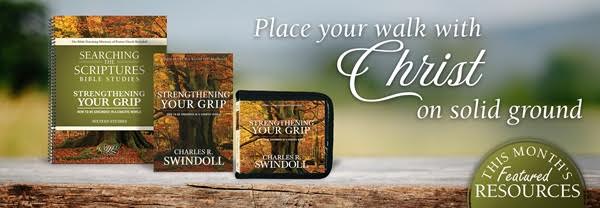While we are getting better acquainted with the ancient sayings, I should mention that this is a book full of various kinds of people facing a variety of common challenges. Years ago I completed an in-depth analysis of Proverbs and was surprised to discover that the book includes more than 180 types or categories of people. Men and women, young and old, foolish and wise, Jew and Gentile, rich and poor, married and single—Proverbs addresses virtually every demographic imaginable to offer specific advice concerning the issues they face. Moreover, the sages discuss circumstances that all people must face, regardless of age, gender, race, nationality, where they live, in what era, or even what religion they practice. Common themes include work, money, marriage, friendship, family, home life, hardships, conflict, youth, old age, sin, forgiveness . . . challenges for which everyone needs guidance. It’s no wonder so many people throughout history have discovered this book to be helpful: when it comes to gaining wise counsel for horizontal living!
Despite the broad range of topics, however, everything eventually goes back to an individual’s personal relationship with God and His Word. By the end of this book of wisdom, we discover a great paradox. Regardless of the categories that divide us, we human beings are united by the same challenges. Furthermore, the practical wisdom provided by the book of Proverbs points all people—our differences notwithstanding—in the same direction: toward a right relationship with God.
While the sages affirm a sole Deity ruling over humanity, they nevertheless present Him as a complex being with many facets to His personality and several roles to fill. He is transcendent (distinct from creation) yet immanent (personally involved within the world). He is the sovereign King of the universe, ineffable and inscrutable, yet He calls all people to a personal relationship with Him. He is the righteous judge, handing out rewards and punishments according to merit, yet He is the advocate of the helpless, giving grace and mercy to all who ask.
As this book of wisdom reveals, God presents Himself to each individual according to his or her spiritual need. To all people everywhere, God is the Creator (3:19–20; 14:31; 16:11; 17:5; 20:12; 22:2) and the all-knowing Shepherd of souls (5:21; 15:3; 15:11; 22:12; 24:12). To the stubborn, unrepentant sinner, He is the righteous Judge (8:35; 17:15; 21:3; 22:22–23; 23:10–11; 29:26). To the helpless, God is the Advocate of the weak (14:31; 15:25; 17:5; 22:2, 22–23; 23:10–11; 29:13). To the faithful, the Lord is the Benefactor of the righteous (3:1–10; 8:35; 10:32; 11:1, 20; 12:2, 22; 15:8; 16:20; 18:22; 19:17; 28:25).
For our purposes as readers of this volume, God is the Author of wisdom, whom we cannot—must not—ignore without suffering unwanted consequences in this life and then facing a fearsome reckoning in the life to come.
From Living the Proverbs by Charles R. Swindoll, copyright © 2012. Reprinted by permission of Worthy Inspired., an imprint of Hachette Book Group, Inc.
Used with permission. All rights reserved.
Listen to today's broadcast of Insight for Living with Chuck Swindoll at OnePlace.com.
Visit the Bible-teaching ministry of Chuck Swindoll at www.insight.org.




